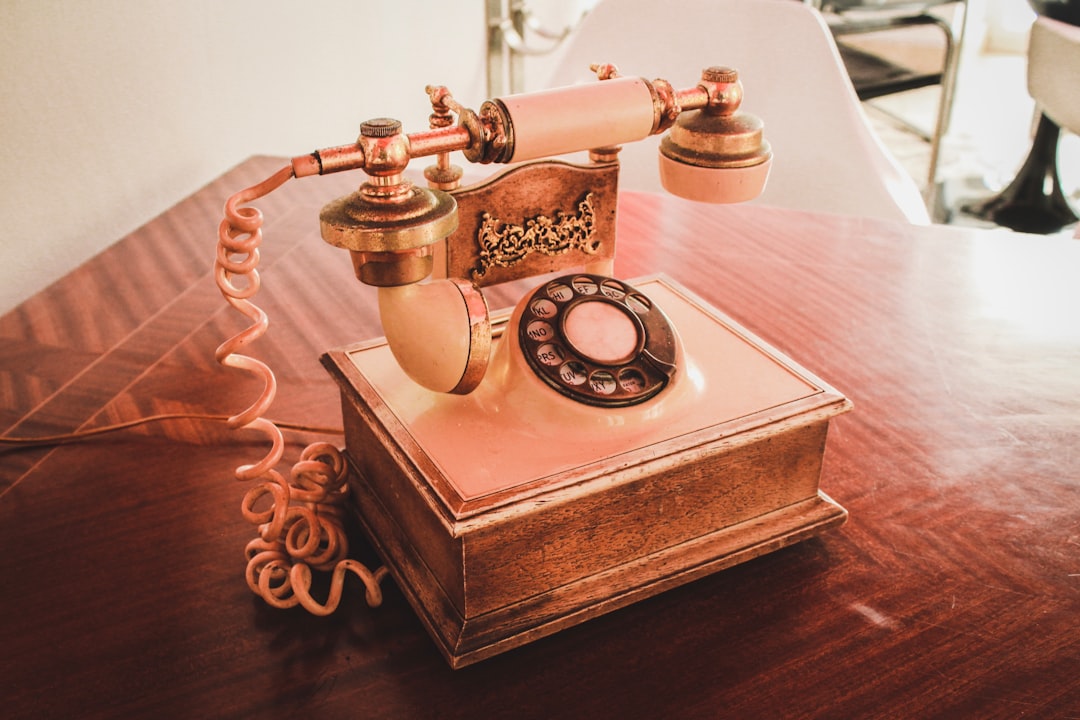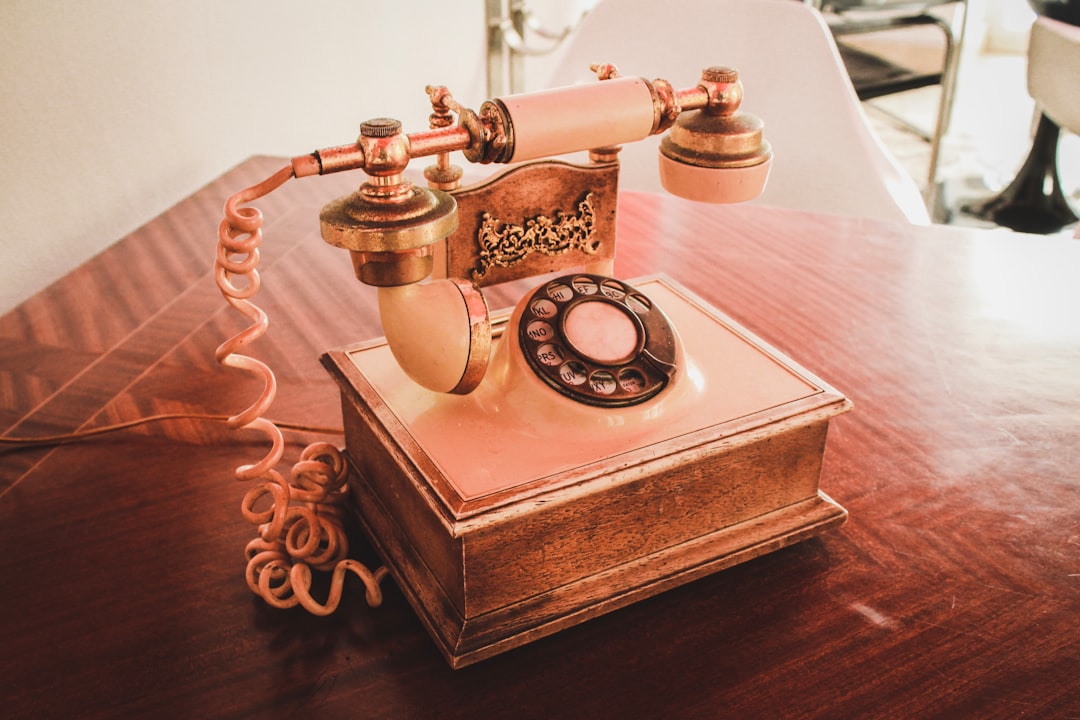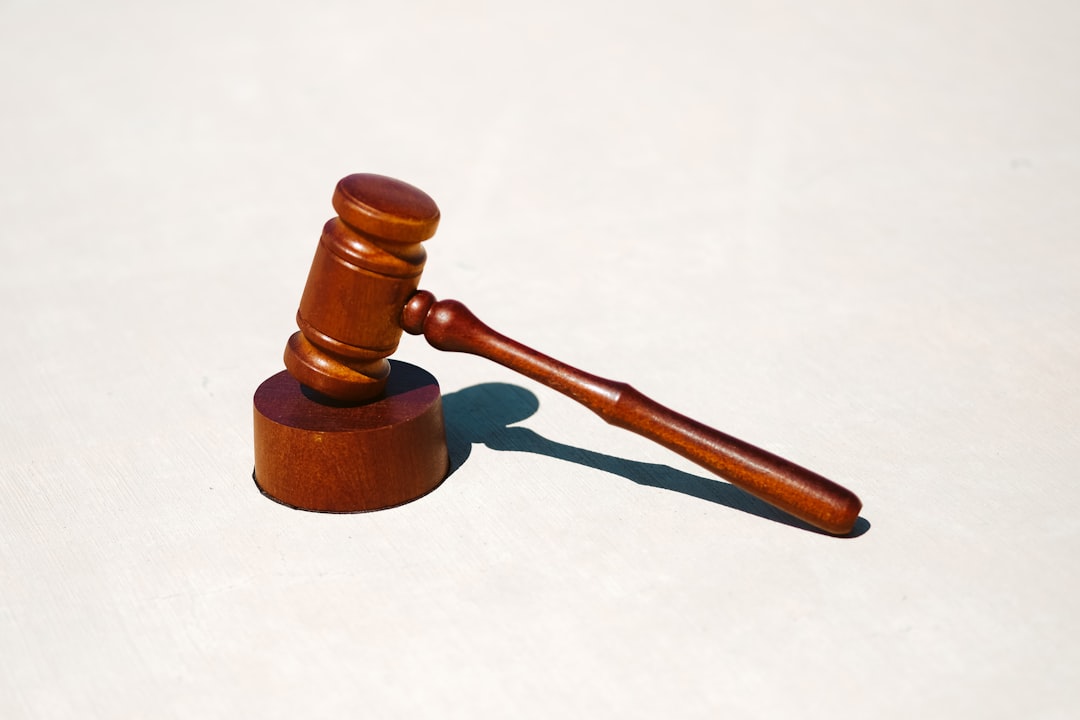In the digital age, autodialers are widely used in various sectors to automate phone calls, but their prevalence has raised privacy concerns. In Pennsylvania, consumers often face unwanted calls from telemarketers and scammers, leading many to seek legal advice from unwanted call lawyers and attorneys. Specialized law firms offer services to protect consumers and ensure businesses comply with state and federal regulations regarding autodialing technology, such as the Telephone Consumer Protection Act (TCPA). With a surge in automated phone calls or robocalls disrupting lives across the state, demand for these specialized professionals continues to grow.
“Unwanted calls: a modern-day nuisance with significant legal implications. This comprehensive guide navigates the complex world of autodialers and their impact on consumers, especially in Pennsylvania. We demystify autodialing technology, explore its prevalence, and delve into the legal framework surrounding telemarketing practices.
From federal laws like the TCPA to state-specific regulations, this article equips readers with knowledge about their rights. We examine real-world scenarios, offering practical advice on blocking unwanted calls and highlighting the role of consumer protection agencies.
For those facing relentless or illegal calls in PA, understanding your legal options is crucial. Discover how consulting a specialized Unwanted Call Lawyer in Pennsylvania can provide tailored guidance.”
Understanding Autodialers: How They Work and Their Prevalence

In today’s digital era, autodialers have become ubiquitous tools in marketing and sales strategies. These technologies automate the process of placing telephone calls to potential customers or clients, often using pre-recorded messages or live agents. The prevalence of autodialers is evident across various industries, from financial services to healthcare, as businesses seek efficient ways to reach their target audiences. However, this widespread adoption has also sparked concerns regarding consumer privacy and unwanted calls, leading many individuals in Pennsylvania to search for unwanted call lawyers or consult with unwanted call attorneys.
Autodialers work by using software to automatically dial phone numbers from a contact list or database. They can be programmed to deliver prerecorded messages or connect callers to live agents. While this technology offers businesses increased efficiency, it can also result in numerous automated calls being made to consumers who have not explicitly consented, leading to legal implications for companies and potential remedies for affected individuals through unwanted call law firms in Pennsylvania.
– Definition of autodialers and automated calling technology

Autodialers, or automatic calling systems, are technologies that enable businesses to make automated phone calls en masse. This innovative yet controversial method involves using software to automatically dial telephone numbers from pre-loaded lists, often with the intent to reach potential customers for marketing purposes. These systems can make hundreds or even thousands of calls per minute, reaching a vast audience in a short time. However, this technology has sparked debates due to its potential to invade privacy and create unwanted phone noise for recipients.
In Pennsylvania, as in many other states, the use of autodialers is subject to legal regulations designed to protect consumers from excessive or unsolicited calls. Unwanted call lawyers in PA assist individuals who have been plagued by automated phone calls, offering guidance and legal representation to hold businesses accountable for violating consumer privacy laws. With the rise of these technologies, it’s crucial for both businesses utilizing autodialers and consumers receiving them to understand their rights and responsibilities, ensuring compliance with regulations like the Telephone Consumer Protection Act (TCPA).
– Common uses and industries employing autodialing systems

Autodialing systems have become ubiquitous in modern communication, finding their way into various industries and sectors. These technologies are commonly used for marketing purposes, where businesses employ automated phone calling to reach a large number of potential customers. Sales teams utilize autodialers to make cold calls, while debt collectors and financial institutions use them for customer service and recovery purposes. In the healthcare industry, these systems facilitate patient reminders and appointment scheduling. Moreover, government agencies often leverage autodialing for public service announcements and emergency alerts.
In Pennsylvania, where many residents have expressed concerns about unwanted calls, including those from telemarketers and scammers, the use of autodialers has sparked legal discussions. An unwanted call lawyer or unwanted call attorney in PA can guide individuals on their rights and options when facing persistent or harassing phone calls. Several law firms specializing in this area offer services to protect consumers from abusive calling practices, ensuring compliance with state and federal regulations, including those related to autodialing technology.
– The rise in automated calls and its impact on consumers

In recent years, there has been a significant surge in automated phone calls, often referred to as robocalls, across the United States, including Pennsylvania. This rise in automated communication has had a profound impact on consumers, many of whom are now overwhelmed by the constant stream of unwanted calls from various sources. Whether it’s marketing messages, political campaigns, or fraudulent schemes, these automated calls can be intrusive and disruptive to daily life. According to consumer protection agencies, thousands of complaints regarding unsolicited phone calls are recorded each day, highlighting the need for better regulation and legal recourse.
The proliferation of autodialers has led many Pennsylvania residents to seek assistance from specialized unwanted call lawyers and unwanted call attorneys. These legal professionals help consumers navigate the complexities of consumer protection laws and take appropriate action against companies making nuisance calls. With the increasing sophistication of technology, it’s crucial for both individuals and legal firms to stay updated on the latest trends in automated calling to ensure effective representation and protection for clients across the state.






